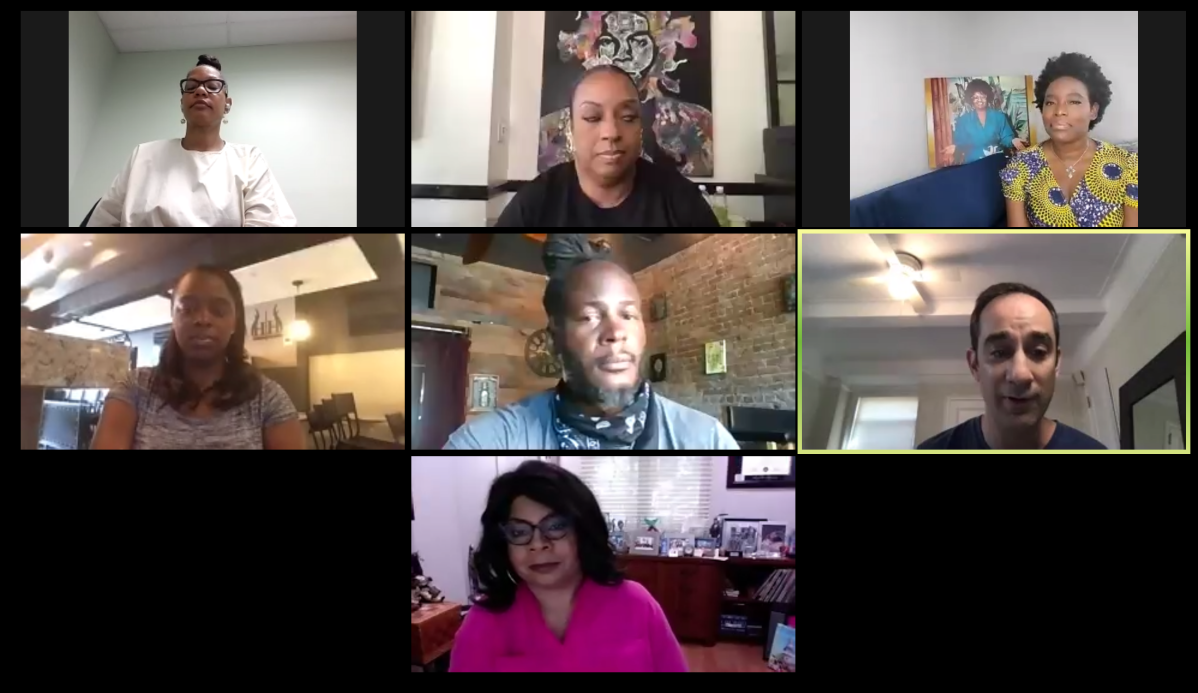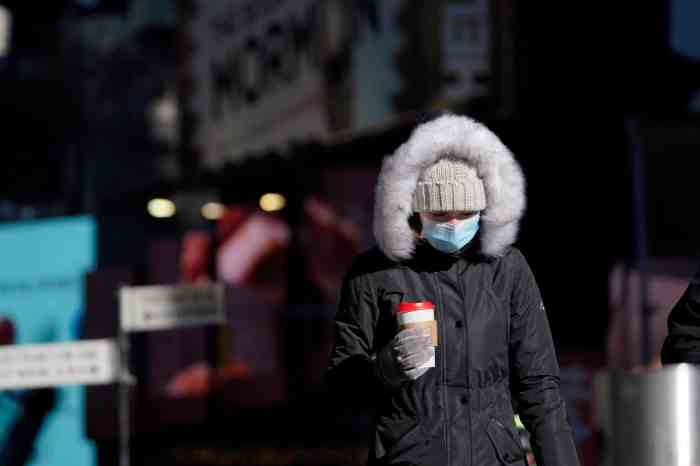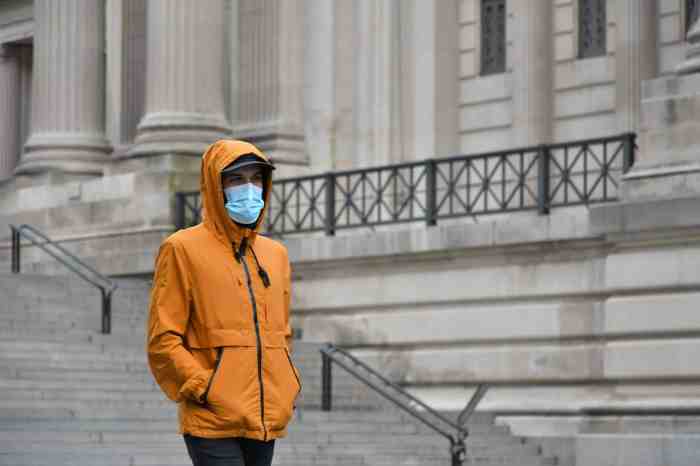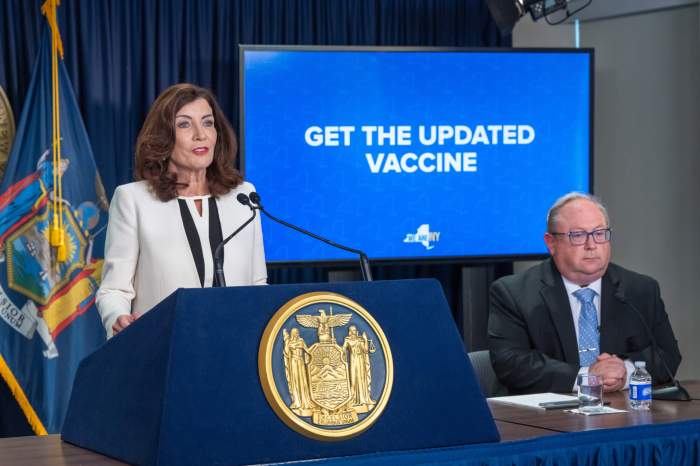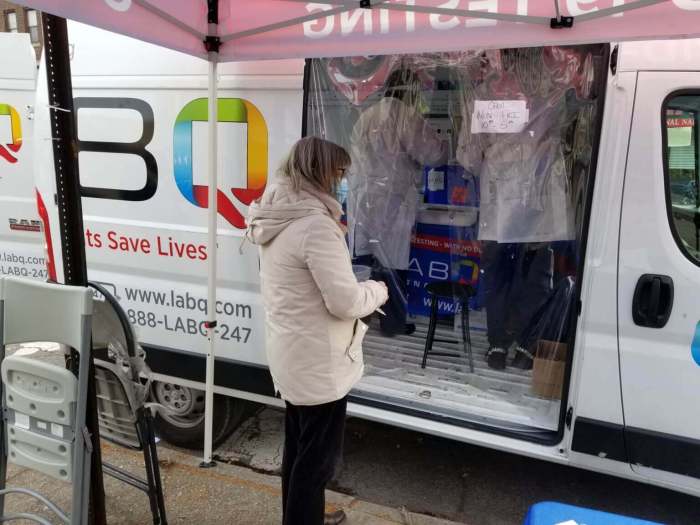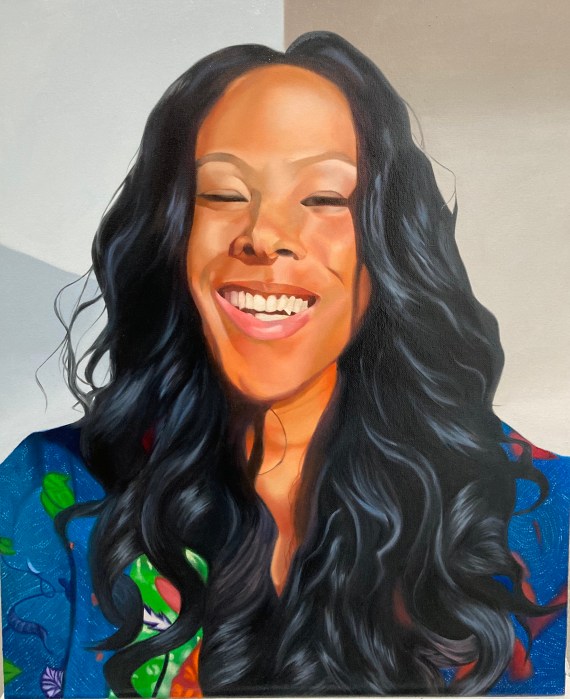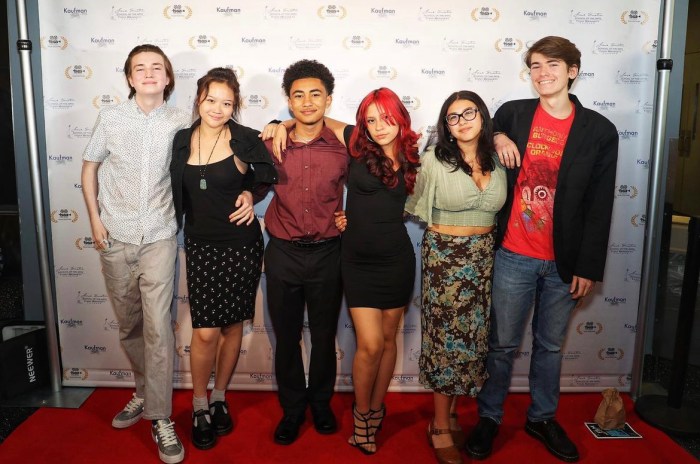CNN political analyst and White House correspondent April Ryan on Monday was joined by Black business owners to discuss the racial inequalities in the hospitality industry and how to create a more just business environment.
The first step, New Yorkers need to put their money where their mouth is.
“It’s so much more than saying Black Lives Matter, it’s about making sure that you invest in the Black lives that do ultimately do matter,” said President of the New York Hospitality Alliance Melba Wilson, during the Zoom panel discussion. According to Wilson, owner of her Harlem restaurant Melba’s, that can be done by ordering food from a Black-owned restaurant, buy a gift certificate or piece of merchandise from a Black-owned business or liking their Facebook page.
All businesses have struggled during the novel coronavirus pandemic but Black-owned businesses were dealt a particularly harsh blow. According to the Washington Post, the number of working Black business owners decreased by 40 % as the virus forced the economy to shut down this spring.
But Black businesses were hurting before the pandemic. Although Black New Yorkers make up 22% of the city’s population on 2.1 % of businesses are Black-owned, according to city data. Owner of the iconic Harlem eatery Sylvia’s Restaurant, Tren’ness Woods-Black, also on the panel, worries that if not if more of an effort isn’t made at the personal and political levels in the city, the number of Black-owned businesses will shrink to 0.5% after the pandemic ends. According to panelist Karl Franz Williams, owner of the Harlem bar and lounge 67 Orange Street, many Black-owned businesses have smaller financial safety nets for when times get tough.
Quoting a study from Chase Bank, Williams said that 89% of businesses in Black businesses have less than 14 days worth of cash available compared to 29 % of businesses in white neighborhoods. Access to capital is also a challenge for many Black-owned businesses resulting in non-traditional relationships with banks which ultimately makes it challenging to qualify for loans.
“So if you don’t have any cash, you don’t have any access to cash, you’re in a situation where an economic downturn is going to hit you harder and longer,” said Williams.
Sylvia’s will be celebrating its 58th anniversary in a few weeks but Woods-Black worries that even the legacy restaurant might not be able to weather the “storm” that was the novel coronavirus pandemic alone.
“We’ve been able to survive the riots of the 60s, the drug pandemics, the incarceration, inflation, 9/11. We’ve weathered pandemics through each decade but this is different,” said Woods-Black. Before the pandemic, Sylvia’s employed a staff of 117 people and served as the largest minority employer in Harlem. But tough choices had to made and Sylvia’s once admirably large staff was whittled down to skeleton crew of “a few” select staff and family members. Most of those that Woods-Black was able to keep on were able to afford childcare and did not have the additional responsibility of caring for older family members.
“So it’s definitely a tight walk, it’s definitely an S.O.S that we are sending up,” said Woods-Black. “In the hospitality industry we are known as taking care of people but we are at a point where so many different restaurants are closing and we need to be taken care of,” said Wilson.



